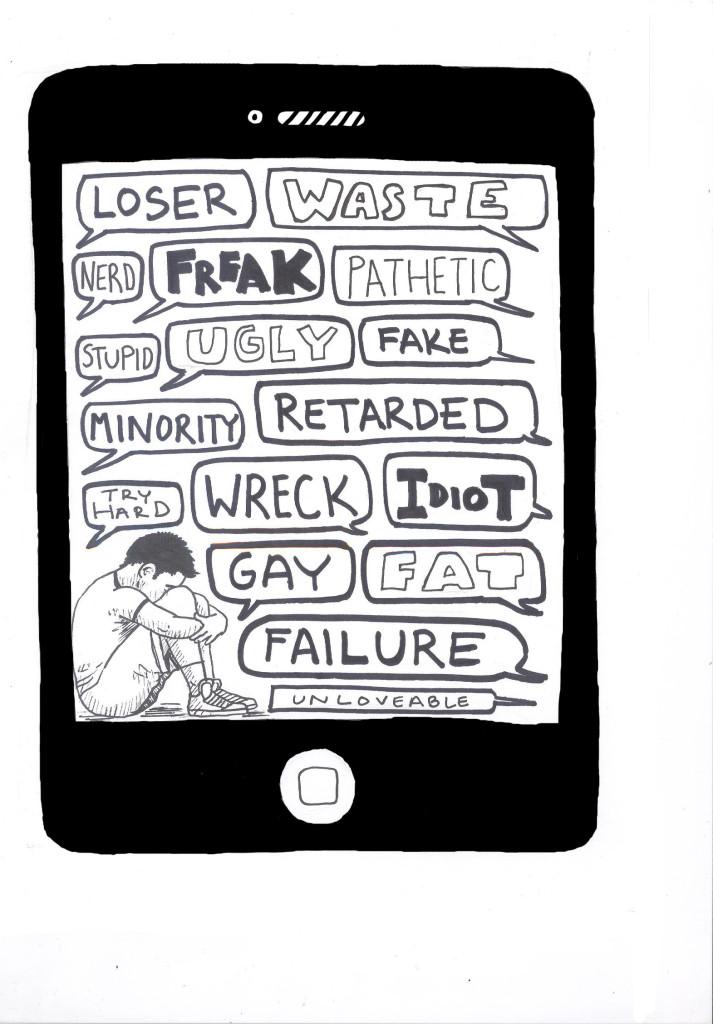Social media is everywhere. It is on phones, computers, advertisements and television shows. The existence of social media is near impossible to avoid and when you are doing homework it can become a major player in the procrastination game.
Yearbook adviser Kristin Gerhardt deals with students on computers during class.
“I think there is definitely more opportunity to misuse time [because of social media],” Gerhardt said. “You can spend 10 minutes just setting up your playlist on YouTube, thinking, ‘Okay, I am just going to do this and then I am going to work.’”
Sophomore Jordan Kim agrees that social media can easily distract you.
“If I give in to procrastination, it very much does [affect my productivity] as I can always find tweets to read or Instagram pictures to look at if I want. However, I try to stay motivated to ignore it until I finish doing my work that needs to get done,” Kim said.
Sophomore Hannah Musick finds it much harder to stay motivated but she attributes her procrastination more to not wanting to work than to social media itself.
“…It is more of a mindset of me not wanting to do school work and social media just kind of helps with it because it provides something else for me to do,” Musick said.
The struggle that being on the computer creates for some students is part of the reason why the school district regulates social media.
According to the Executive Director of Technology Services Randy Averill, the district uses a web filter that works based on categories of sites. The company who created the filter reviews sites and categorizes them.
”We typically don’t block (or allow) a specific site such as FB or Twitter, but we block or allow the category of Social Networking (that one is blocked for students but allowed for staff),” Averill said.
This blocking has both upsides and downsides.
“If they [social media sites] are not disrupting a teacher’s lesson plan then I feel that they should not be banned, as they could be used after school for students that do not have access at home,” Kim said. “But if it is creating issues for teachers then I think it would be fair to ban them.”
Of course, regulating social media does not manage to eradicate procrastination completely. Some sites can be used for educational purposes as well as procrastination, which can make blocking them a difficult decision.
“I agree with banning some sites like Facebook because so many people use Facebook but with sites like YouTube and other sites I feel like they could also be used for looking up pictures and videos on a certain subject for more information,” Musick said.
These factors can make it seem like there is very little hope in solving the procrastination problem completely.
“I think until we can develop a software that says you can only look at [necessary school websites] and your email and everything else is locked out then [procrastination] is going to happen,” Gerhardt said.
However, procrastination and social media do not have to be seen as dooming elements that will forever affect your productivity. Not according to Kim, at least.
“I feel that social media can easily worsen procrastination, but it is not the sole cause,” Kim said. “For someone looking for an excuse to ignore work, it is very easy, but if you work on staying focused and telling yourself that homework and studying is the priority you can very well be successful.”


